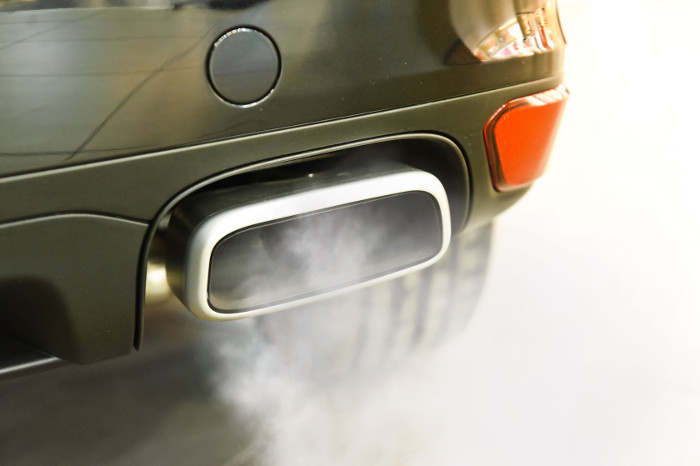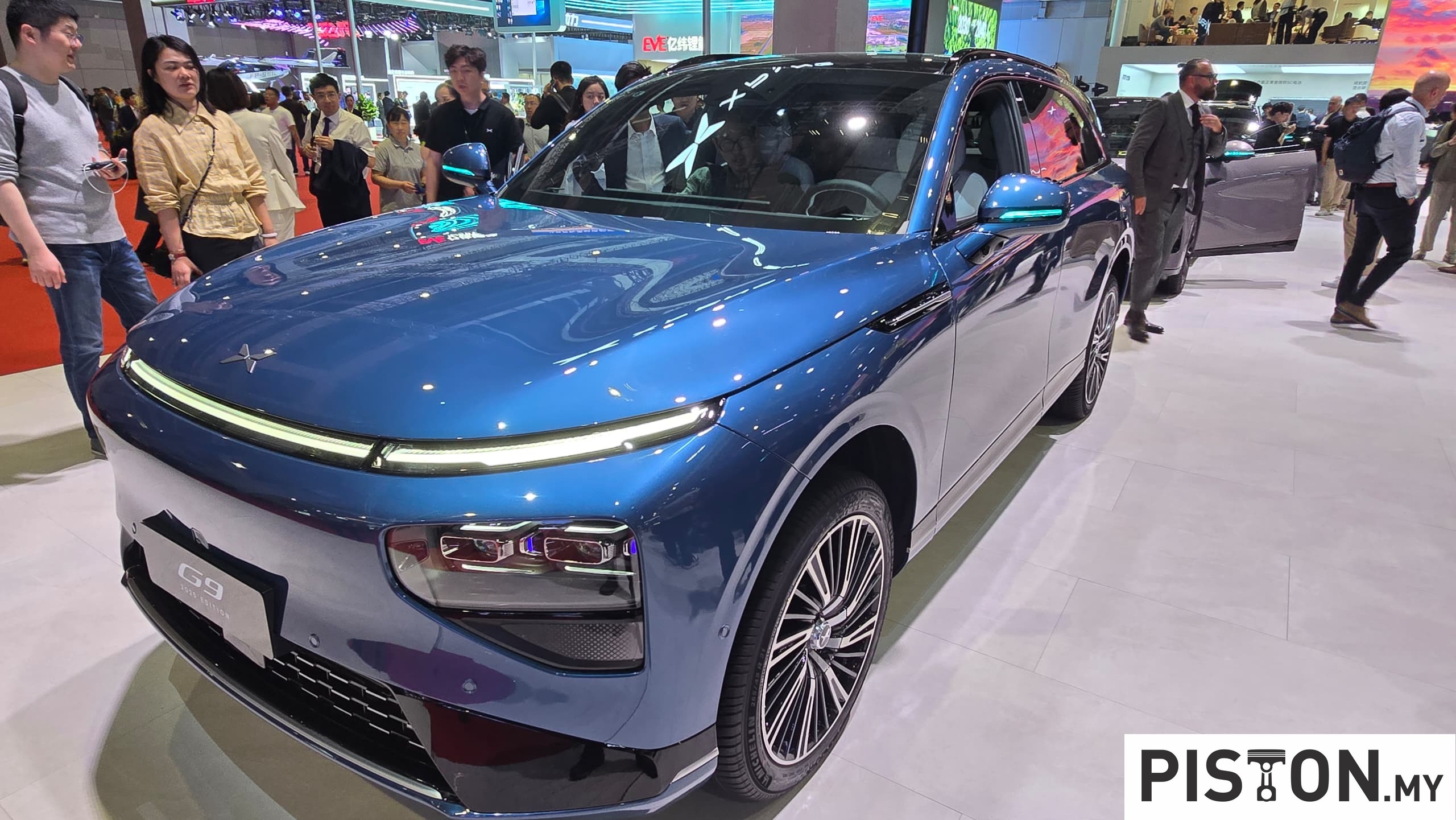The Environmental Quality Act (Amendment) 2024 (Act 127), which took effect on July 7, 2024, has significantly increased the penalties for vehicle users causing noise and air pollution. Under the new law, offenders can face fines of up to RM500,000, a sharp increase from the previous range of RM300 to RM2,000.
According to BH, Datuk Wan Abdul Latiff Wan Jaffar, Director-General of Environment, highlighted that the amended act extends its reach beyond manufacturers and industries to include vehicle users. The new fines target those who contribute to pollution through excessive noise and black smoke emissions. This development follows the act’s gazetting on June 6, 2024.
“The Environmental Quality Act (Amendment) 2024 (Act 127) aims to address pollution comprehensively. Vehicle users, particularly those responsible for noise and air pollution, are now subject to these enhanced penalties,” Wan Abdul Latiff stated.
New Inspection Measures
The Department of Environment (DOE) has implemented stricter measures, including collaborations with the Road Transport Department (JPJ) and the Royal Malaysian Police (PDRM) to conduct inspections. The department now utilises specialised equipment to measure black smoke emissions and noise levels. If a vehicle’s emissions exceed acceptable standards, the owner could face substantial fines.
Previously, fines for noisy motorcycles were capped at RM300, while lorries and buses emitting black smoke faced RM2,000 penalties. The new act significantly raises these amounts, aiming to deter offenders more effectively.
Increased Penalties and Enforcement
The revised Act 127 also enhances penalties for various types of pollution. Maximum fines for water pollution, oil discharges, and illegal waste disposal have risen to RM10 million. Previously, the maximum fine was RM500,000, with imprisonment options for serious offenders.
During the first half of 2024, the DOE issued 736 compounds: 312 for diesel vehicles emitting black smoke and the remainder for motorcycles causing noise disturbances. This is based on 23,227 inspections conducted during the same period. In comparison, last year’s figures showed 36,077 inspections and 1,415 compounds issued.
Common Offences and Future Plans
Wan Abdul Latiff noted that noise issues with motorcycles often result from vehicle modifications, while excessive black smoke from diesel vehicles is typically due to poor maintenance or failure to adhere to scheduled engine oil changes. The DOE is also monitoring petrol stations to ensure compliance with fuel quality standards.
With the increase in regulatory duties, the DOE plans to expand its workforce from 1,100 to 4,100 officers to enhance enforcement and oversight.





















